WeChat, a Fundamental Tool for the Luxury Sector
WeChat, with nearly one billion users, it has become a powerful platform to engage customers in the luxury industry and ultimately to increase their sales in China.
Today, it is very important for brands to interact with their customers and WeChat makes it possible in a very effective way, in the Asian giant. As most popular mobile messaging application in China, WeChat has developed rapidly a wide range of technological skills that enable brands to create sophisticated «mini-applications» for interactive marketing campaigns. Many luxury brands worldwide with WeChat accounts have recognized the value of these capabilities, and have been used in a variety of creative ways to encourage participation of users and share experiences.
WeChat allows brands to offer a complete experience of the brand not only through the creation of a mini-website, but through e-commerce portals where WeChat sell directly through their paid service. Since the launch of Weidian WeChat, major luxury brands are used as a channel WeChat e-commerce.
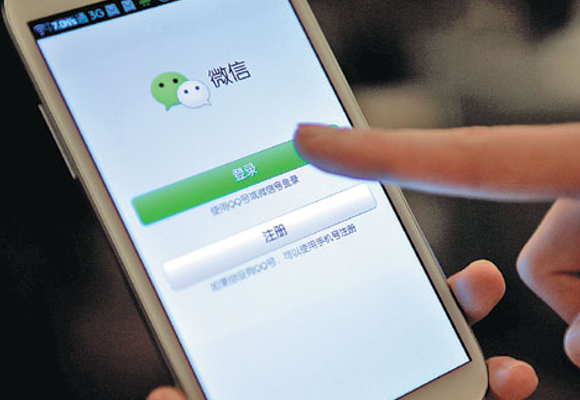
The possibilities of this application allow China to improve the delivery of customer service quality, or increase brand exposure. The solutions provided by brands include auto-answer pages, chat live and store locator. Before joining WeChat, brands must acquire a thorough knowledge of the tools and features of this social platform. WeChat has two different types of official accounts:
- The first is subscription account: through this type of account WeChat, brands can publish their content more frequently, therefore, is preferred by the media. Brands such as Burberry, Coach and Chanel have opened subscription accounts.
- There is also a service account: This account is intended primarily for consumer brands because of its many technology skills. Brands such as Louis Vuitton, Piaget and have this type of account.
When brands are planning to open an official account on WeChat have to weigh the pros and cons of doing so. For example, brands need to assess the amount of messages they want to publish, and e-commerce capabilities they need in order to choose the correct account. We present now several examples of successful campaigns through WeChat.
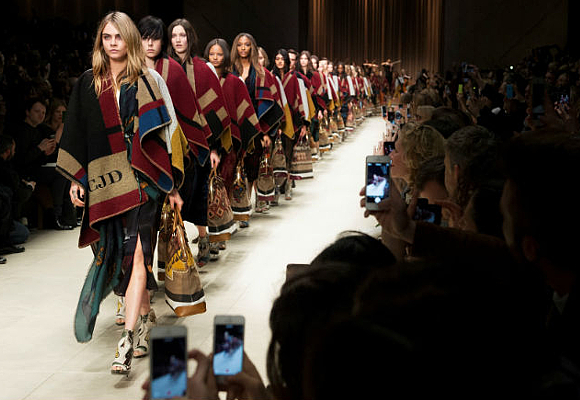
Burberry experience:
Based on his long association with the platform, Burberry launched its account WeChat facing the Chinese New Year promotion ‘A Lunar New Year gift’, interactive messaging service dedicated to his followers. The experience that invited users to use the native application functionality through different types of touch on smartphones, unwrapping some of the most iconic gifts of the brand. At the end of the experience, users could also create and customize digital envelopes Lunar New Year to send to family and friends to celebrate the party through the platform. Burberry was associated first with WeChat in February 2014 with the launch of the activity of the custom platform for presenting the brand´s women collection in London, followed by an unique Burberry experience in Shanghai April 2014.
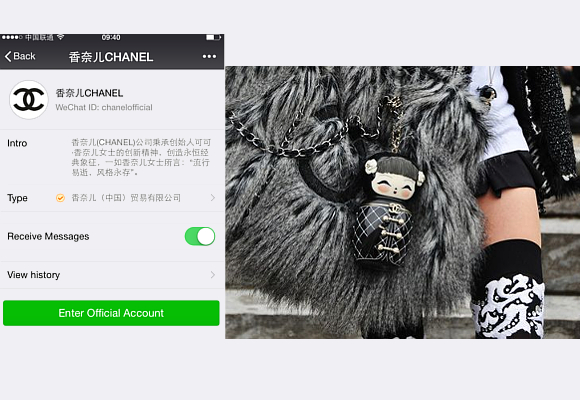
Chanel experience:
It allows more than basic interaction through chat (questionnaires, sharing forms, stickers), offering brands a complete marketing experiences with the possibility of developing a mini-website. The mini-web site is divided into two levels of menus, which can serve a number of marketing objectives. Chanel has built a mini web-page fashion WeChat to better manage interaction with their followers. It has many features including the latest news, history of the brand, new products, makeup tips, etc.
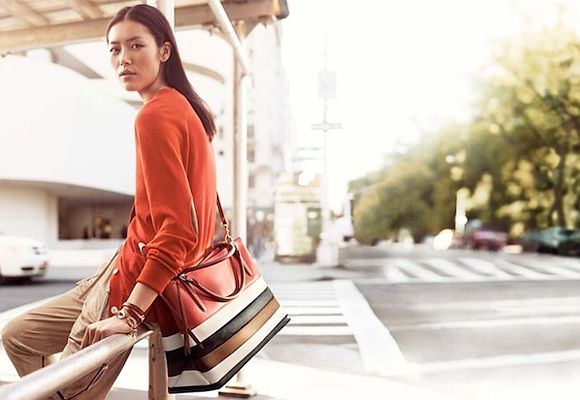
The Coach experience:
It was addressed to how mothers are the first “coaches” in the life of a young woman. The ad uses an emotional approach to reach mothers and daughters. The Coach is very popular among middle-aged people in China and is well-liked, as best gifts for Chinese mothers. WeChat advertising campaign shows that the brand is not only for the older demographic segment.
The WeChat phenomenon represents an opportunity to stop seeing China as a copycat, low prices country, to start to be consider as a technological power, essential for the luxury industry.
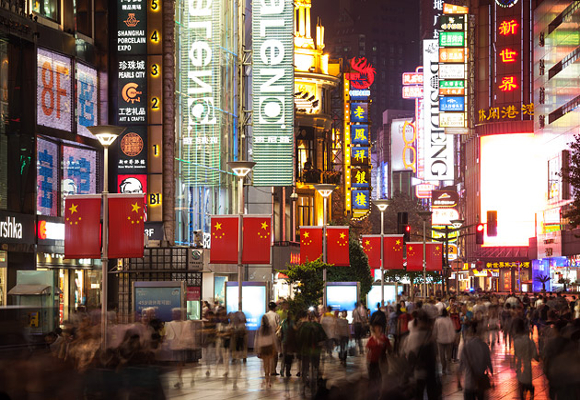
Disclosure: The Luxonomist is not responsible for the views expressed in the article. The text has been written freely expressing their own ideas, without receiving any compensation. The author has no business relationship with any of the companies whose shares are listed in this article.
